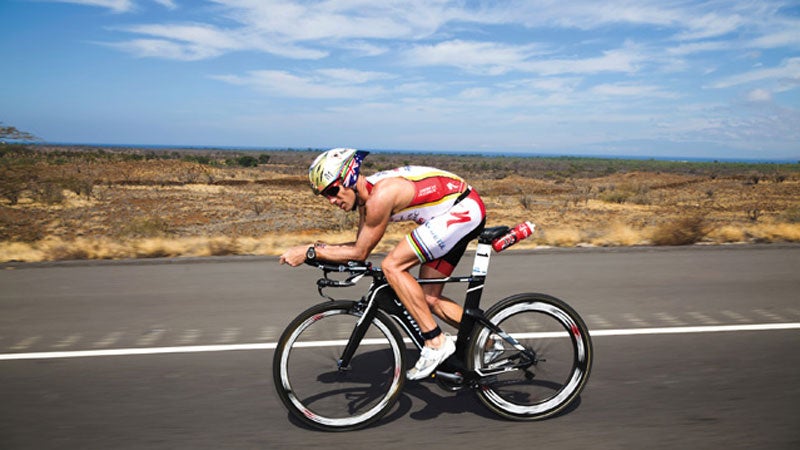Training gadgets have come a long way since Polar launched the in 1981. Now watches and phones have made it easy to measure speed, pace, and distance. And as soon as next spring, tracking heart rate, muscle output, perspiration, and breathing rate may be —and affordable, too. Wearable tech company , for example, plans to charge $99 for each piece of its smart clothing, and $199 for the computer that powers the garments.
But do the ease and relatively low cost of modern self-monitoring mean athletes should be tracking every bit of training and racing data? Or are athletes taking the movement too far? Welcome to Throwdown, where two bright, opinionated minds sound off on a tough topic.
Making the case for computers: Ray Maker, 31, author of popular training and fitness product review blog , and a 2:54 marathoner.
The Pro Gadget Argument
“The biggest thing that most gadgets bring is accountability,” Maker says. That not only means you’re filling in a training log, but you’re also ensuring proper pacing, or that your effort for each training session and race matches the goals in your plan. “Runners tend to run really hard all of the time, whereas people getting into cycling tend to ride too easy,” Maker says. Gadgets “help people understand how hard they should be pushing, whether from a heart-rate standpoint, or some other metric.”
Perhaps even more important than accountability is motivation. Gadgets “give people motivation to fill in a training log spot,” Maker says. When your training log automatically updates with information from your GPS watch, for instance, it’s harder to skip out on a workout.
“When you want your log to show something for that day, it’s kind of an incentive to get out there and get it done,” Maker says. “That’s probably what I hear most commonly from folks. [The gadgets] create an incentive to keep increasing their fitness and keep moving forward.” Runners, for instance, might relish watching their heart rate decline while their pace remains the same, or seeing their pace speed up while their heart rate remains the same—both signs that the cardiovascular system is becoming more efficient.
The Anti-Gadget Case
Arguing for the au naturel approach: , 40, two-time Ironman World Champion.
“As people become slaves to the technology, they lose that mind and body connection in the numbers,” McCormack says. “It’s imperative in racing and training to keep that connection together.”
When competing, in particular, McCormack urges athletes to put the gadgets away. “When you’re so set within a zone or boundary, you lose your intuitive ability to race. Great performances—you watch the Olympic games, there are people who come out of the woodwork and go beyond what they expected to and they win a gold medal. It’s because they’re intuitive and they took a chance. Racing is as much mental as it is physical. If you lose your intuitive ability to race and trust your instincts, then you defeat the entire purpose of what you’re there for in the first place: to win, and to take a chance.”
Case in point: The 2010 Ironman World Championship. That year, the man to beat was 2008 and 2009 winner, Craig Alexander. “He’s very much a gadget guy, and all year I said that’s gonna be his problem,” McCormack says. “On the bike, he trusted his power. I said, look, if we can make things difficult for him on the bike, this guy will let us go because he’ll stay within his boundaries. I’m telling you how I’m going to win this race. The whole world laughed at me because they saw this guy with his gadgets as the new wave athlete. But it ultimately happened exactly the way I said it would.” McCormack won his second world title that year.
After the race, McCormack says, everyone looked at Alexander’s numbers and speculated about what he did, and should’ve done. “I said it wasn’t about the numbers on the race course. It was my intuition to know he’d look at that machine, and when it didn’t give him the numbers he’d planned for in the race, he’d make a decision, and that decision would cost him the title.”
The verdict: Hung jury. Maker makes a good case for using gadgets to get the most out of training, while McCormack is convincing in his plea to race on intuition alone.
How do you use gadgets in your training and racing? Has a gadget ever helped you do better in a race than you would have without it? Let us know in the comments below.


